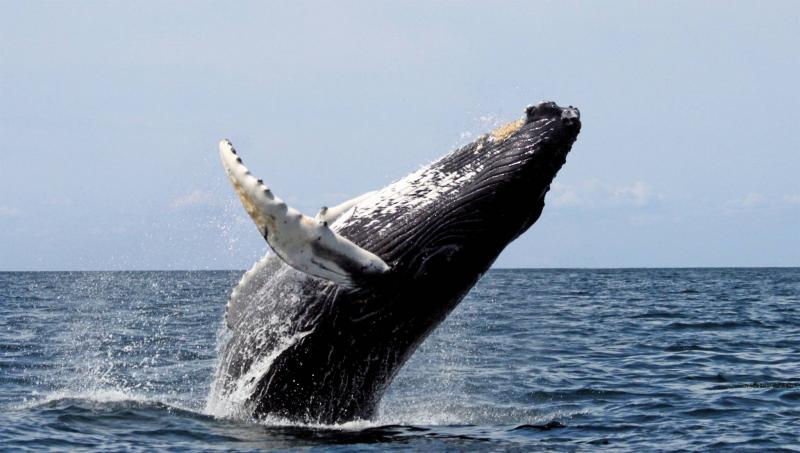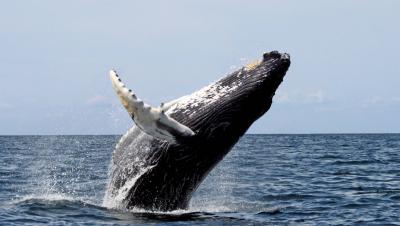The "suction cup beaked whale" is one of the rarest whale species in the world, and no live sightings have ever been recorded. Additionally, no one knows how many of these whales exist, what they eat, or even where they live in a vast area of the South Pacific. However, scientists in New Zealand may have finally gotten a glimpse of this whale. A government environmental agency in New Zealand reported on Monday that a whale washed ashore on the South Island this month is believed to be a beaked whale.
The 5-meter-long whale washed ashore at Otago and was identified by its colors, skull shape, beak, and teeth. In this context, Hannah Hendricks, the marine technical advisor for the New Zealand Department of Conservation, stated, "We know very little about the whale, practically nothing. This discovery will lead to some amazing science and new preliminary information worldwide." If it is confirmed that it belongs to the suction cup beaked whale lineage, this would be the first specimen found in a condition that allows scientists to dissect it, providing a framework for understanding the whale's relationship to the few other species that have been found.
Hendricks added, "We have only identified 6 other beaked whales, and those found intact on the North Island beaches were buried before DNA testing could verify their identity, which hinders any chance of studying them." The Department of Conservation stated, "But this time, the whale was quickly transported to cold storage, and researchers will work with local Māori iwi to plan how to examine it." The indigenous people of New Zealand consider whales a sacred symbol of cultural importance. In April, leaders from Indigenous Pacific peoples signed a treaty recognizing whales as "legal entities," although such steps have not been reflected in the laws of the participating countries. Currently, nothing is known about the habitat of these whales.




